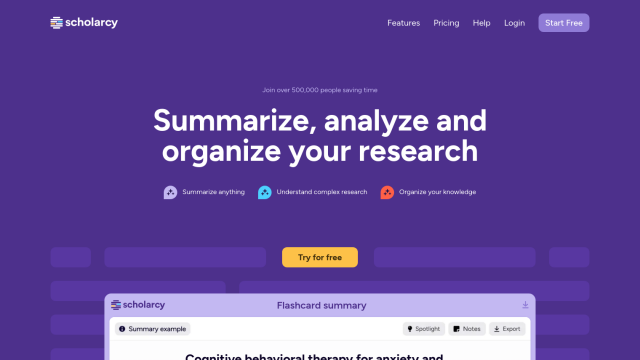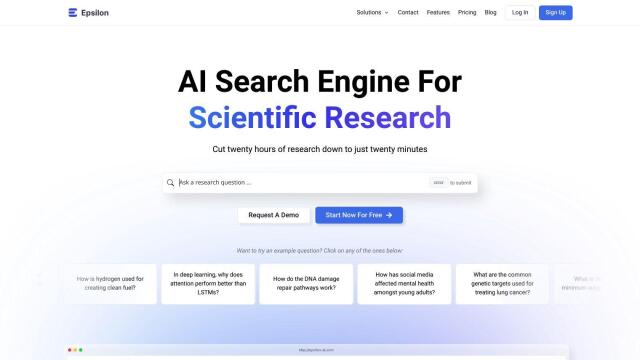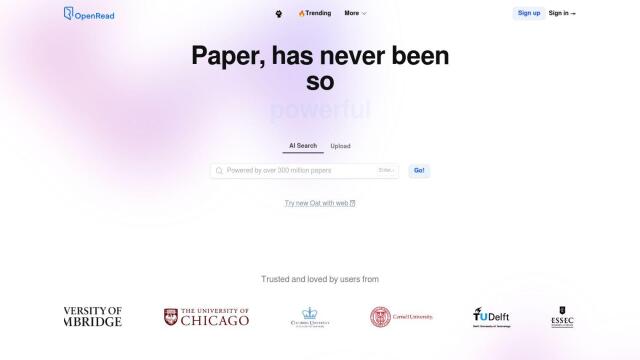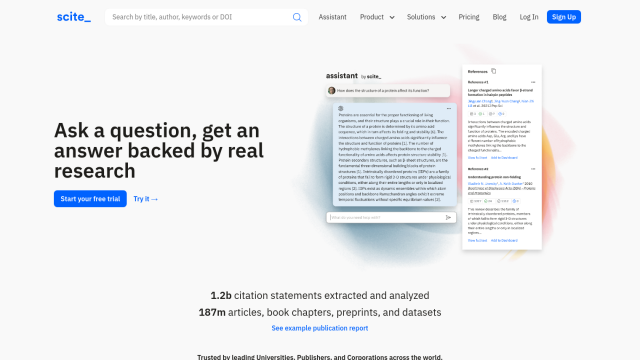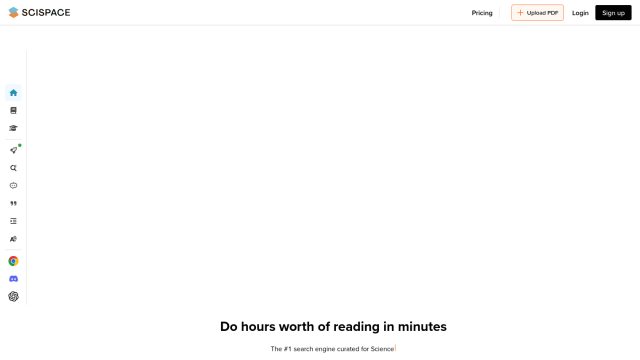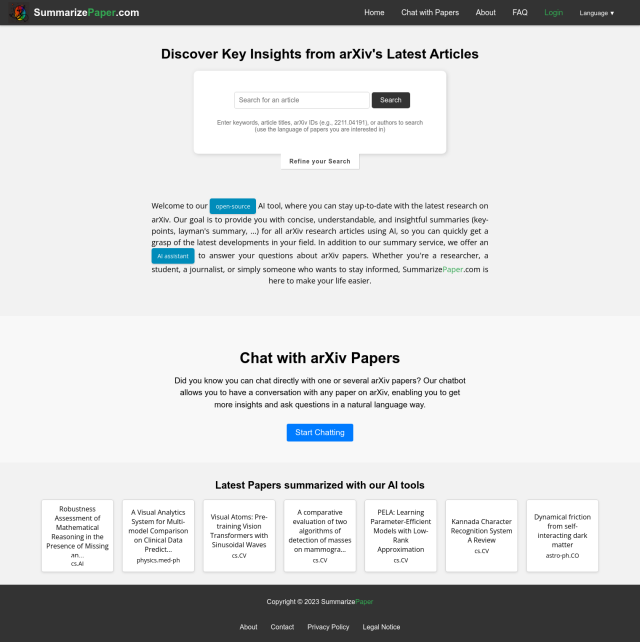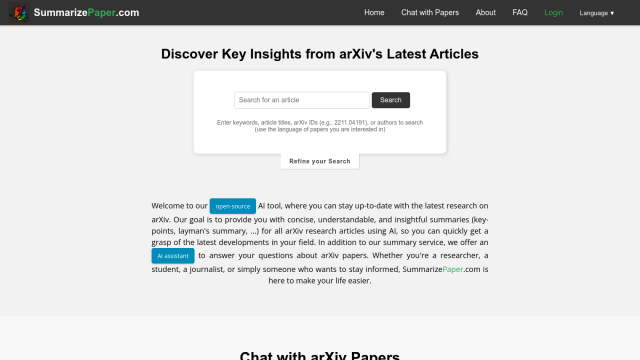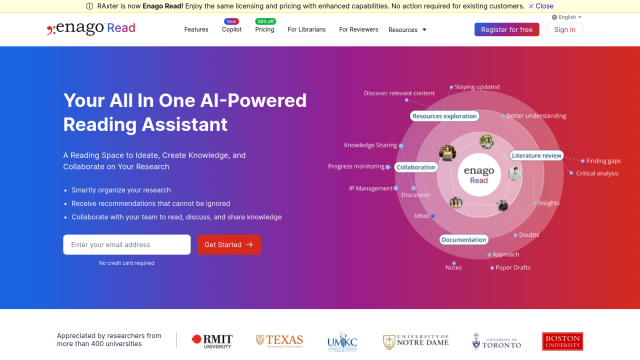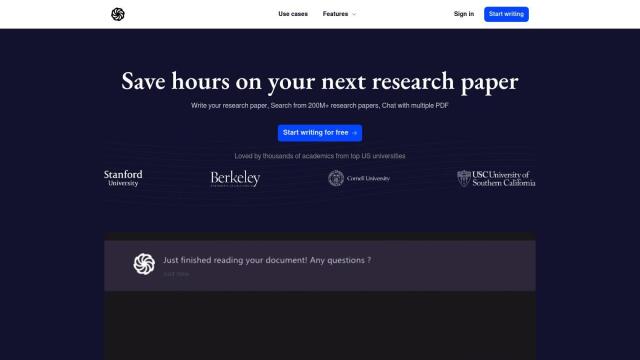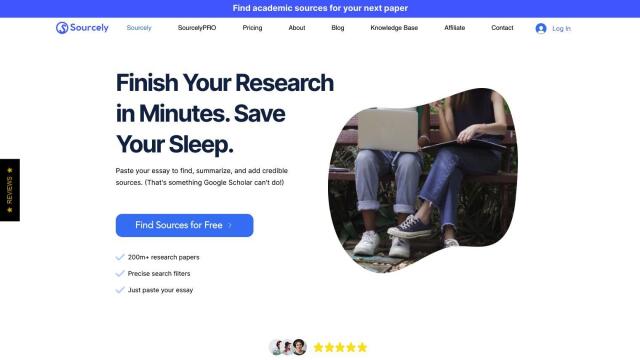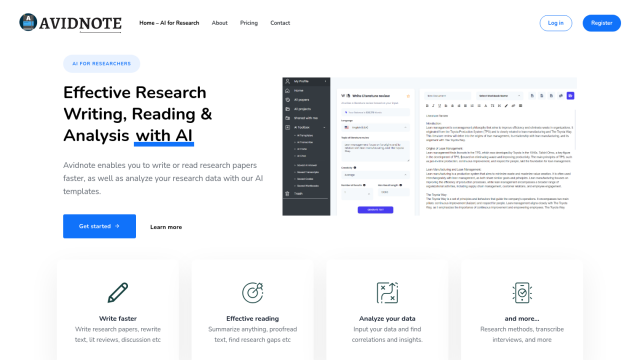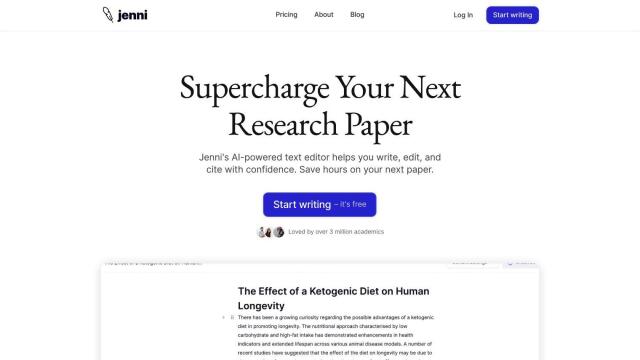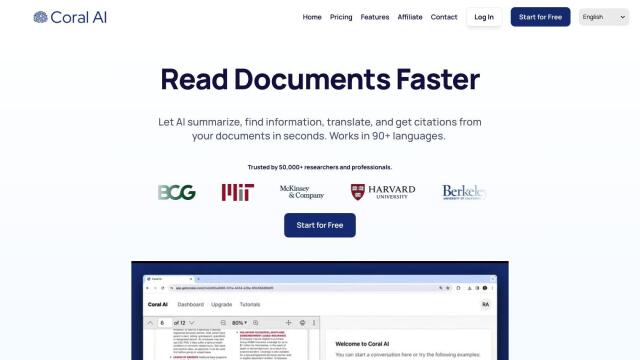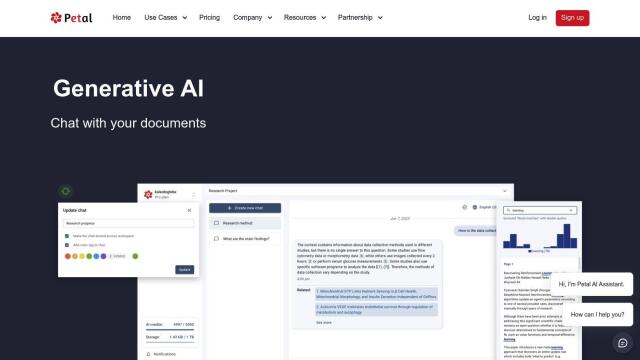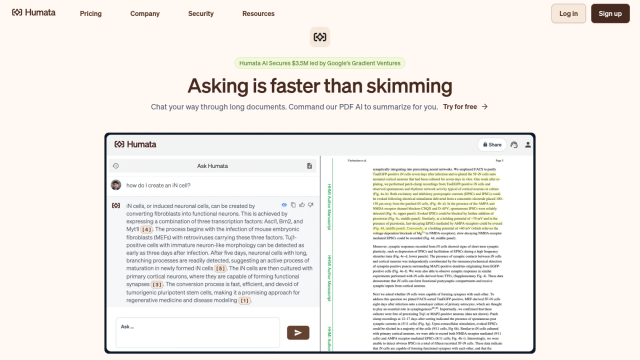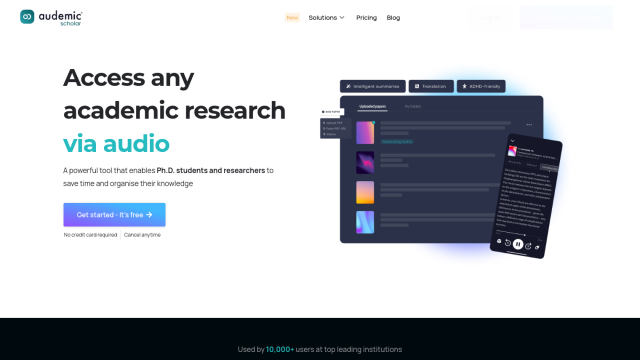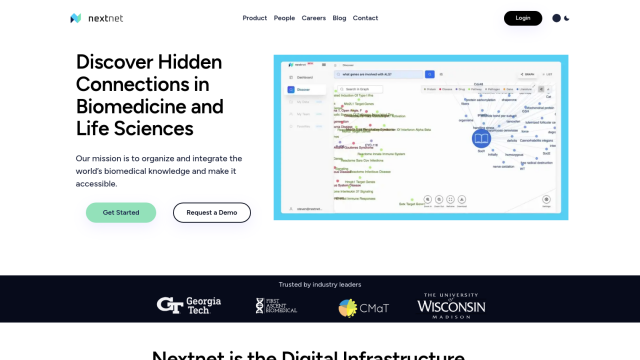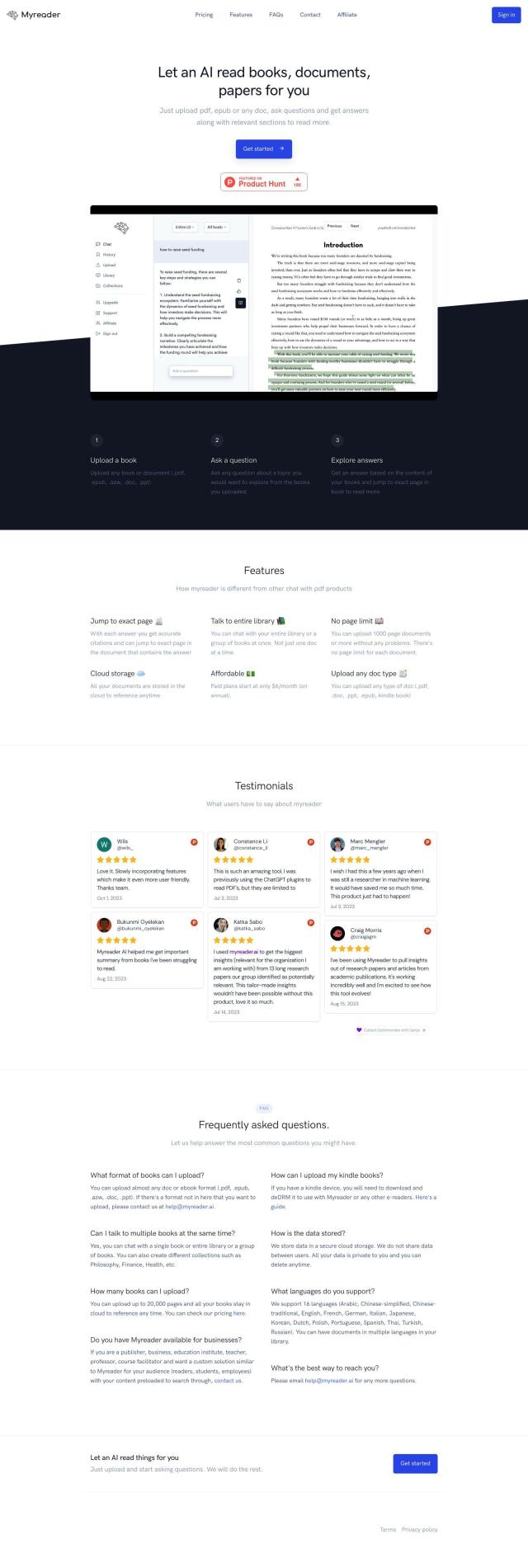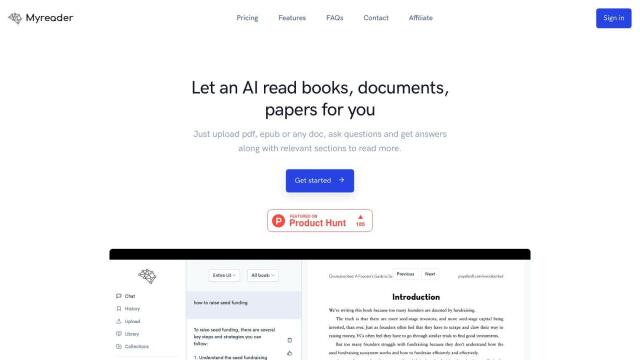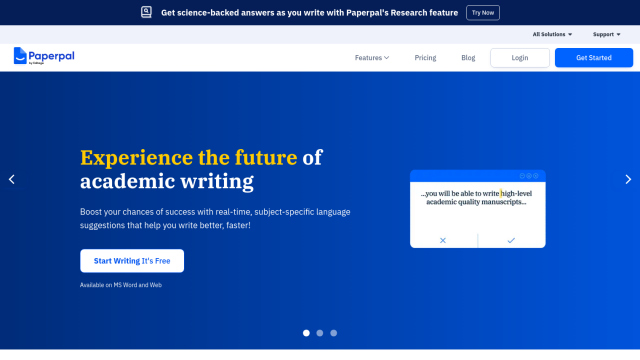Question: Can you recommend a solution that helps libraries provide seamless access to full-text articles and reduces broken links and paywall issues?

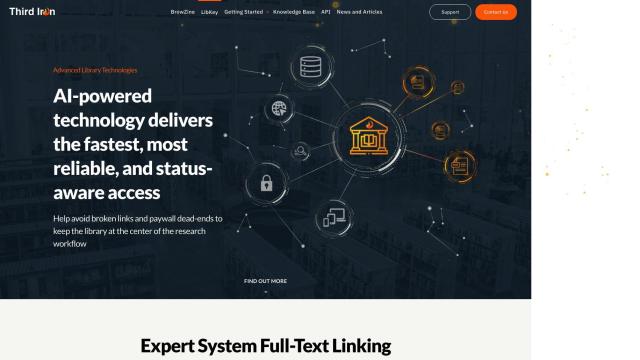
Third Iron
If you're a library looking for a solution to get readers to full-text articles with the least hassle and broken links and paywall problems, Third Iron is a good option. Its AI technology is designed to get you straight to full-text articles with the least number of clicks and hassles, using metadata, journal holdings and contextual information to generate links to PDF and HTML articles. That's a big time savings, but it also includes features like Expert System Full-Text Linking, Dynamic Link Construction, and Open Access Content linking that make it a powerful tool for improving user experience.
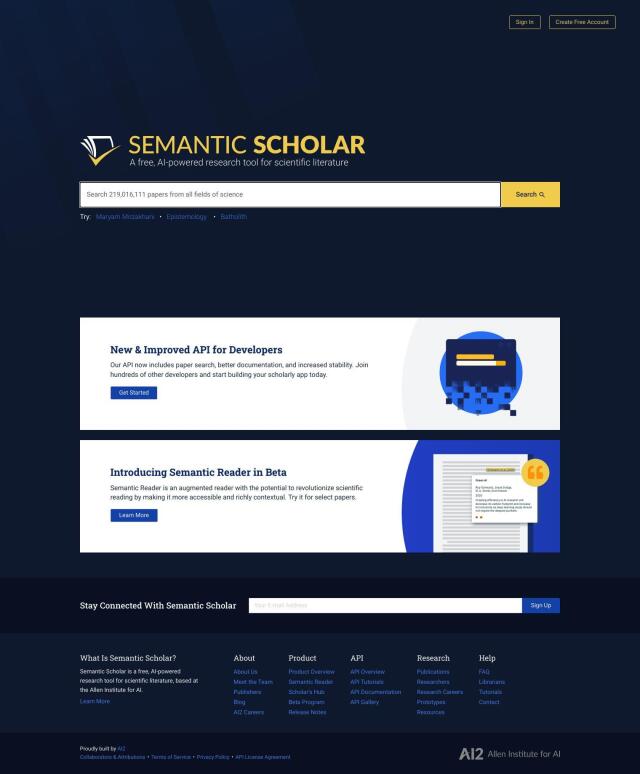
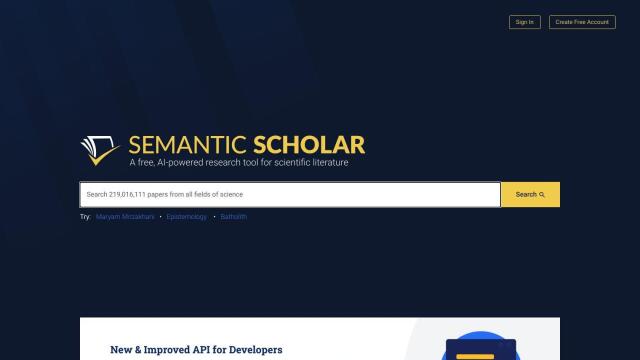
Semantic Scholar
Another option is Semantic Scholar, a free AI-powered research service that lets you search for and read relevant scientific papers from a large corpus. It's got powerful filters for searching, TLDRs for quick summaries, and tools to cite papers, manage your research and get automated email alerts. It's geared for scholars and researchers who want to get more out of their searches and keep up with the latest research.

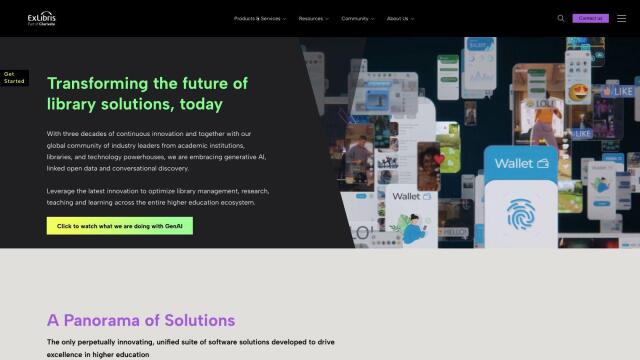
Ex Libris
If you want something more integrated, Ex Libris offers a range of software tools to improve library resource management and user experience. It combines generative AI and linked open data to power tools like Alma, Rapido and Primo that can offer deeper insights, connections to other information sources and more efficient operations. It's designed to work with libraries of all sizes, helping them improve learning environments through better resource management and efficiency.

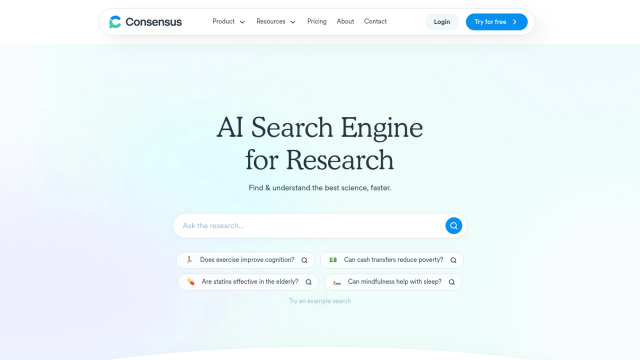
Consensus
Last, Consensus offers a powerful AI-powered search engine that indexes more than 200 million papers across all subjects. With tools like Copilot and Consensus Meter, it's designed to help you get to the bottom of literature reviews and get authoritative answers fast. It's good for students, researchers and professionals who need to validate research and get to the information they need as fast as possible.



